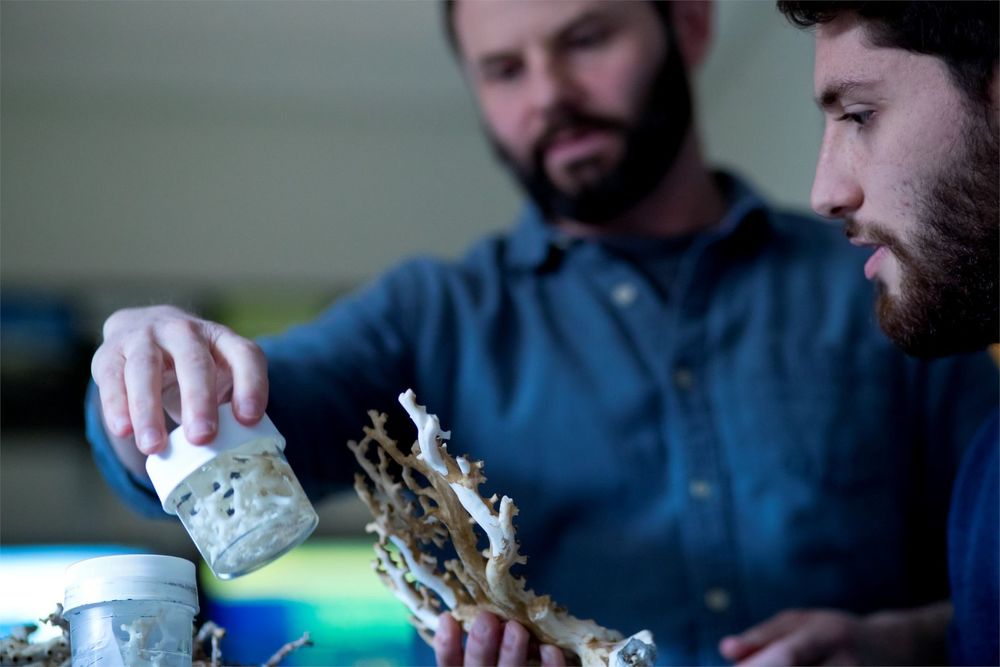Biology PhD
Gain the experience to make significant contributions to biological research with the Biology PhD program in the College of Science and Technology. The Biology PhD degree provides a rigorous, research-focused course of study. You’ll be prepared to pursue multiple career pathways related to the biological sciences, including postdoctoral and academic positions, and in related industries, such as biotechnology, bioengineering, healthcare and pharmaceutics. The Biology PhD program provides opportunities for you to receive funding for your degree with either a teaching or research assistantship, and a tuition waiver.
Biology PhD students are afforded the chance to choose which lab they want to join. During your first year, you can choose a specific research group immediately or you can rotate up to three research groups before deciding on a lab. Once you are admitted to candidacy, you’ll pursue specialized research toward the completion of your degree.
Faculty members perform cutting-edge research in different areas of specialization that include
- cellular, developmental and molecular biology;
- cellular and molecular neuroscience, which investigates the central nervous system and the mechanisms it governs;
- computational biology, which focuses on computational evolutionary genomics;
- ecology, an interdisciplinary field that investigates the complex relationships between living organisms and their environments;
- evolutionary medicine, an interdisciplinary field that examines contemporary human disease within the larger context of evolutionary history;
- genetic epidemiology, an interdisciplinary field that examines the impact of genetic and environmental factors on modern human disease; and
- population genetics, a subfield of genetics and evolutionary biology that examines genetic change over time within and between populations.
Learn more about the Department of Biology’s research areas.
Coursework is interdisciplinary and students are encouraged to participate in research across other fields, including biochemistry, chemistry, computer science, ecology, environmental science, engineering, mathematics and physics. Doctoral candidates perform innovative research in many of the College of Science and Technology’s state-of-the-art centers and facilities, including the
- Center for Biodiversity, focused on the conservation, education and research of species and their impact on the environment;
- Center for Computational Genetics and Genomics, whose mission is to bring together scientists who work on genetic and evolutionary theory and who employ computational approaches;
- Institute for Genomics and Evolutionary Medicine, focused on molecular evolutionary knowledge and tools to advance research and for product development in biomedicine and biodiversity
- Sbarro Health Research Organization, where genetic research investigates treatments and cures to chronic illnesses such as cancer, cardiovascular disease and diabetes.
Learn more about the Department of Biology’s research centers and facilities.

